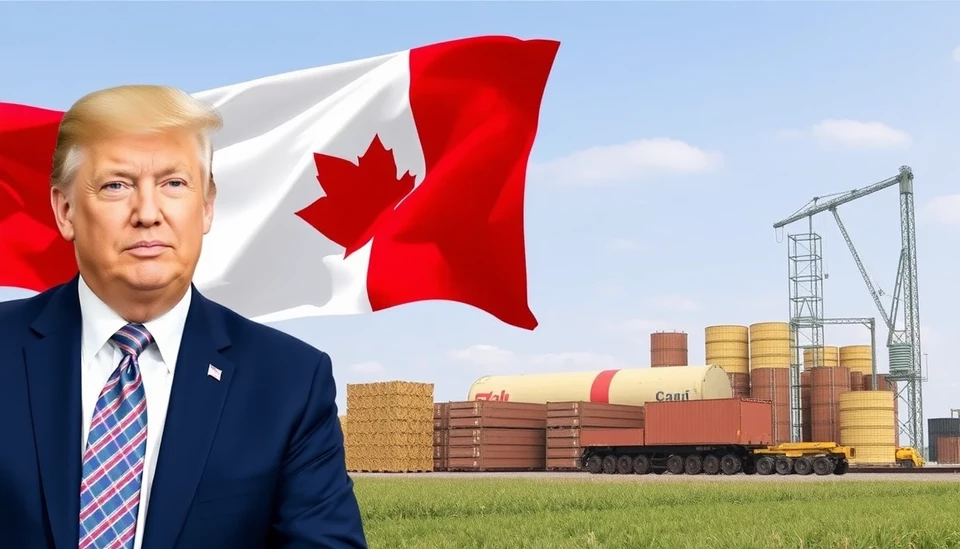
In a significant move that has reverberated across the North American economic landscape, recently imposed tariffs by former President Donald Trump have sent shockwaves through Canada’s banking sector and prompted swift reactions from government officials. The situation has escalated into a full-blown crisis, forcing Canadian institutions to implement measures aimed at mitigating the potential fallout from these trade policies.
The tariffs, which are primarily targeting Canadian goods, have led to a sharp increase in prices for various imports, creating a ripple effect that threatens to destabilize local economies and disrupt the financial market. Canada’s financial institutions are now grappling with fluctuating markets, rising inflation, and the possibility of reduced consumer spending, which could dampen economic growth.
In response, the Canadian government has initiated a multi-faceted approach to safeguard its economy. Financial regulators and banks are working closely to assess the looming risks and bolster their defenses against the uncertainties introduced by these tariffs. The aim is to endure the financial strain while protecting Canadian consumers and businesses that rely heavily on cross-border trade.
The Canadian banking system, known for its resilience and stability, finds itself at a critical junction. Analysts predict that the economy could face a prolonged period of volatility if the tariffs continue to escalate. Consequently, banks are revising their forecasts and strategies to brace for potential downturns in both consumer confidence and business investment.
Moreover, the government is prepared to offer support packages to affected industries, including agricultural sectors and manufacturing, which are particularly vulnerable to the impacts of increased tariffs. These packages may include financial aid, tax relief measures, and other forms of assistance to help mitigate losses and sustain employment levels.
Additionally, in a bid to counter the economic implications, Canadian officials have begun exploratory talks with allies to establish alternative trade agreements and deepen existing partnerships. This proactive step aims to reduce dependency on U.S. markets and enhance Canada’s economic resilience against similar trade disruptions in the future.
The unfolding scenario emphasizes the intricate relationship between the economies of Canada and the United States, reflecting the complexities and challenges of global trade. As both nations navigate this turbulent period, the focus remains on devising strategic measures to curb the negative impacts and foster a more sustainable economic environment.
In conclusion, Trump’s tariffs have not only triggered a crisis response from Canadian banks and government but have also ignited a necessary conversation about economic sovereignty and the importance of diversified trade relations. As Canada prepares to tackle the myriad challenges presented by this situation, the world watches closely to see how resilience and innovation will come to the forefront in this ongoing economic battle.
#TrumpTariffs #CanadaEconomy #TradeCrisis #BankingSector #EconomicStrategy #CanadianGovernment #FinancialInstitutions #TariffImpact #USCanadaRelations
Author: Rachel Greene




